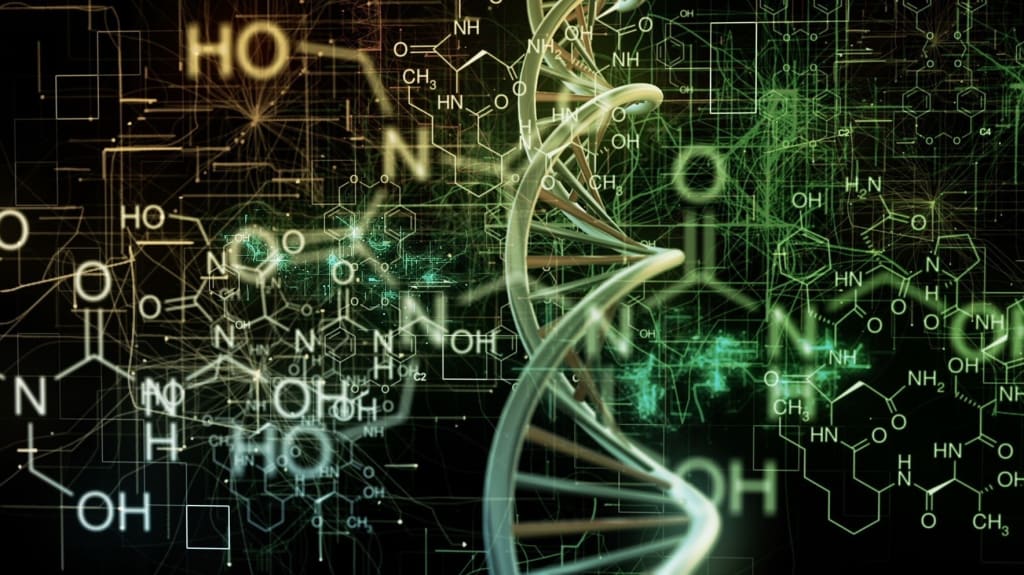SCIENCE
The science of today is the technology of tomorrow

Science is the systematic study of the natural world through observation, experimentation, and analysis. It has played a critical role in advancing human knowledge and understanding of the universe and has led to many important discoveries and innovations. In this blog, we will explore the importance of science and its impact on our lives.
The Role of Science in Advancing Human Knowledge

Science is a fundamental aspect of human curiosity and has helped us understand the natural world in a systematic and empirical way. Through the scientific method, we are able to form hypotheses, test them through experimentation, and draw conclusions based on the results. This process has led to many important discoveries that have transformed the world we live in today.
For example, the discovery of electricity and its application to technology has revolutionized the way we live, work, and communicate. The invention of the telephone, the light bulb, and the internet are all products of scientific research and discovery. Without the systematic study of the natural world, these innovations would not be possible.
The Impact of Science on Health and Medicine

One of the most important areas of scientific research is in the field of health and medicine. Science has played a crucial role in improving human health by advancing our understanding of the causes of disease, developing new treatments and therapies, and finding cures for previously untreatable illnesses.
For example, the development of vaccines has helped to eradicate many infectious diseases that were once widespread and deadly. The discovery of antibiotics has also revolutionized the treatment of bacterial infections, saving countless lives in the process. Additionally, advancements in medical technology have allowed for earlier and more accurate diagnoses of diseases, leading to better treatment outcomes.
The Importance of Scientific Research in Environmental Protection

Science has also played a critical role in the protection and preservation of our natural environment. Through scientific research, we are able to understand the impact of human activities on the environment and develop strategies for sustainable development.
For example, research on climate change has shown that human activities, such as the burning of fossil fuels, are contributing to a rise in global temperatures and the melting of polar ice caps. This knowledge has led to the development of renewable energy sources, such as solar and wind power, which are less harmful to the environment than traditional fossil fuels.
The Role of Science in Shaping Public Policy
Scientific research has also played a critical role in shaping public policy. Policymakers often rely on scientific research to make informed decisions on issues related to health, the environment, and technology.
For example, policymakers may use scientific research on the impact of air pollution on human health to develop regulations that limit the emissions of harmful pollutants from factories and vehicles. They may also rely on scientific research to make decisions on issues related to public health, such as the regulation of tobacco and alcohol use.
The Limitations of Science
While science has made many important discoveries and advancements, it is important to recognize that it has its limitations. Scientific research is often limited by the technology and resources available, and our understanding of the natural world is constantly evolving.
Additionally, scientific research can be influenced by political and economic factors, leading to biases and incomplete understandings of complex issues. It is important to approach scientific research with a critical eye and recognize that new discoveries may challenge previously held beliefs.
Conclusion

Science has played a critical role in advancing human knowledge and understanding of the natural world. It has led to many important discoveries and innovations, including the development of vaccines, antibiotics, and renewable energy sources. Science has also helped to shape public policy and protect the environment.
However, it is important to recognize that scientific research has its limitations and is subject to biases and incomplete understandings. As we continue to explore the natural world, it is important to approach scientific research with a critical eye and recognize that our understanding of the world is constantly evolving.
About the Creator
Curiosity Ticket
Welcome to curiosity ticket, where we bring you the most fascinating and mind-blowing facts from around the world! Our team of experts is dedicated to delivering the most interesting and educational content, covering a wide range.






Comments
There are no comments for this story
Be the first to respond and start the conversation.